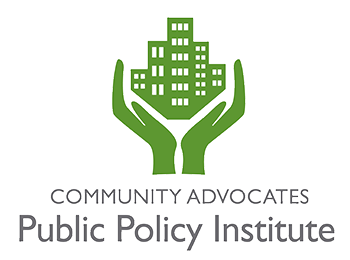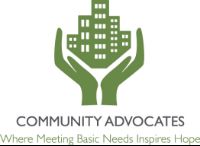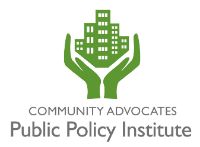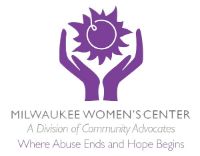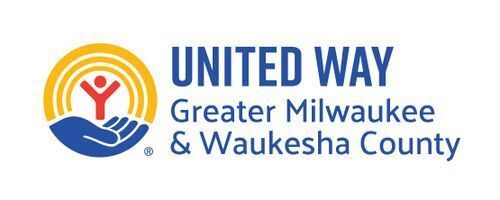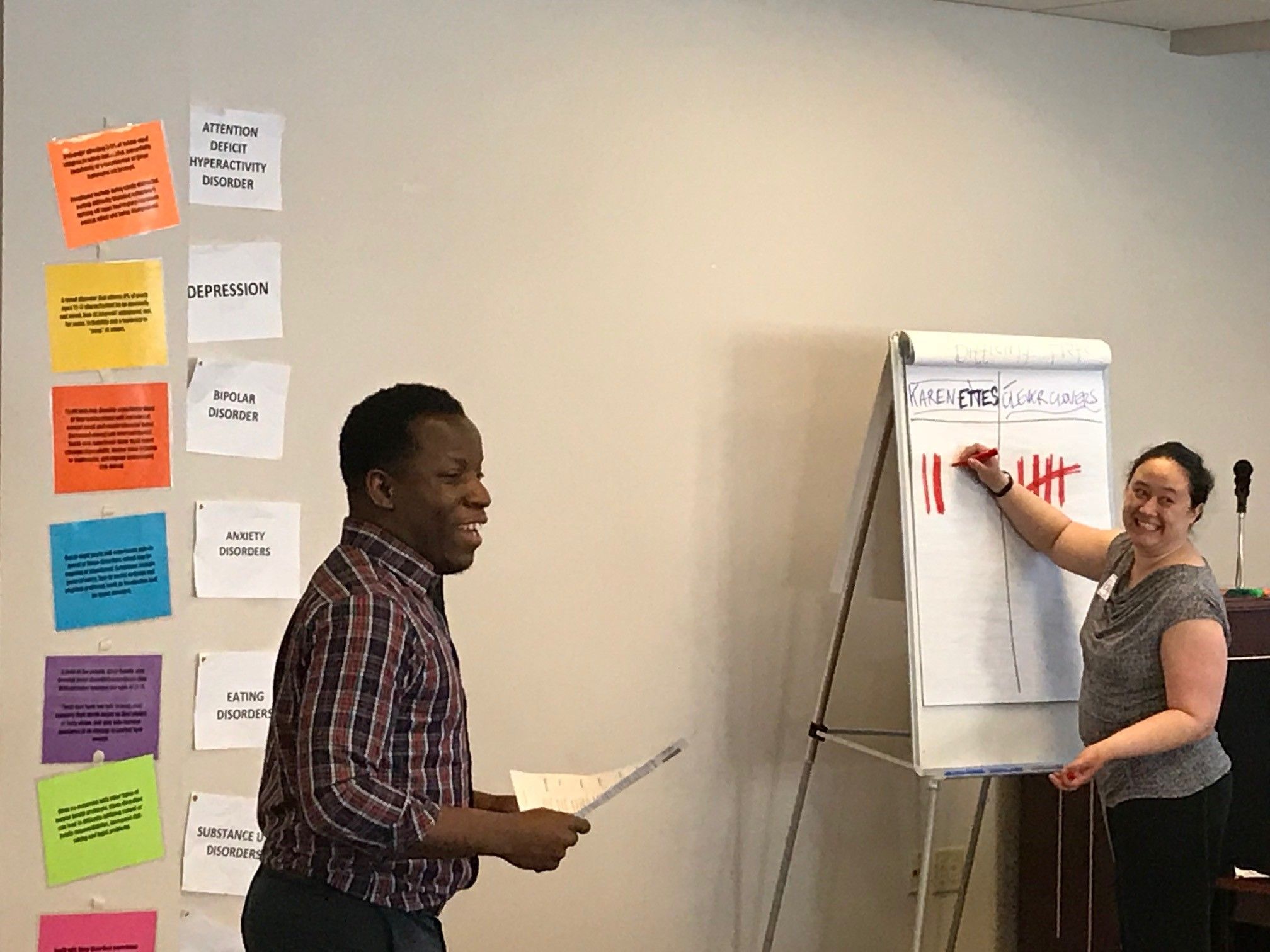
“How I see young people is how I serve young people.”
That’s just some of the wisdom given by Jeremy Triblett, ReCAST Resource Coordinator, who is partnering with Elysse Chay, Public Policy Institute’s Prevention Services Manager, on Youth Mental Health First Aid training sessions at Community Advocates.
The duo are offering this no-cost training to the public, as well as groups of youth-serving professionals, to broaden attendees’ ability to assess and appropriately respond to a young person potentially dealing with mental health crisis or ongoing issue. More than 85 members of the Milwaukee community have signed up for one of Chay and Triblett’s trainings.
The eight-hour session teaches attendees five strategies to use when a young person is struggling with a mental health issue, akin to CPR training for those with a physical health crisis.
But first, Chay and Triblett lay down some ground rules for the day to invite participation in a safe, respectful manner. One directive is to use “first-person language.” For example, to say that an individual “lives with schizophrenia,” instead of saying that person “is schizophrenic.” That shift in wording is more respectful, decreases stigma, and recognizes that there’s more to that person’s identity than a mental health diagnosis.
Another matter to clear up: What exactly is a mental illness?
“A mental illness is anything that impacts your ability to live, laugh, or love,” Triblett explained.
For example, most if not all people talk to themselves occasionally, but if those internal conversations impair one’s ability to focus on school, work, or everyday conversations, it could be a sign of a mental illness.
Chay and Triblett based their training on the national Youth Mental Health First Aid training but tailored some elements for their audience. The session is highly interactive and attendees are encouraged to ask questions, offer their insights, and collaborate with their peers.
To put attendees’ new knowledge into action, small groups were given the profiles of a young person facing a thorny situation that impacts their mental health. In one case study, a young man is trying to cope with a bad breakup but is constantly reminded of his ex. In another, a young woman is being threatened and manipulated by her ex, who may be suicidal. As the day progresses, the groups learn more about their young person’s scenario and are asked to develop dialogue for a concerned adult to use to reach out in an appropriate way.
Although the case studies were challenging to resolve -- as they can be in real life -- Chay encouraged attendees to listen without judgment to allow a young person to open up in their own way.
“You may be the one person that young person can share something with,” she said.
The attendees are also given advice on how to deal with a full-blown crisis, such as a youth who is at risk of suicide. They also watch an interview with Kevin Hines, who survived a suicide attempt and explains what it's like to live with bipolar disorder and consider suicide. The material is very challenging, but prepares attendees to handle this issue if it emerges in the life of a young person they're connected to.
